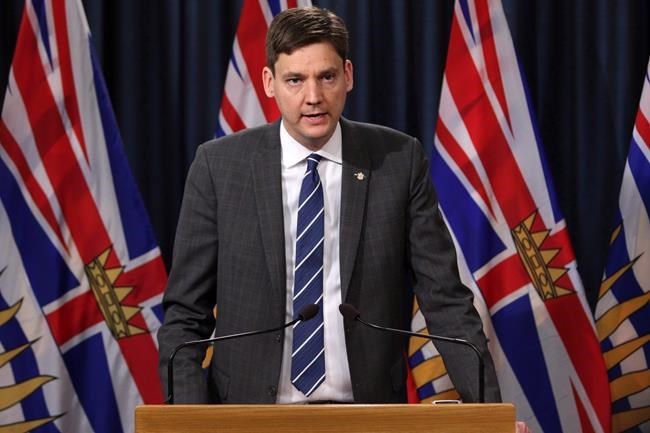B.C. Attorney General David Eby says he is troubled by the continued lack of compliance with anti-money-laundering controls at B.C. real estate firms, revealed in the latest deficiency reports.
According to figures obtained by the Vancouver Sun, Canada’s financial intelligence watchdog found “significant” and “very significant” deficiencies in the money-laundering controls at 88 per cent of 130 real estate entities they examined in B.C. over the last two years.
The companies were not identified by name.
The finding was similar to one made two years earlier when the watchdog, the Financial Transactions and Reports Analysis Centre of Canada or Fintrac, conducted 79 examinations in B.C.’s real estate sector, uncovering 71 companies — or about 89 per cent — with “significant or very significant” deficiencies.
The heads of the Real Estate Council of B.C. and of the B.C. Real Estate Association said they supported Fintrac efforts, but couldn’t say if real estate companies have tightened their controls.
“It is obviously troubling that there is such a systematic problem with compliance with the basic reporting requirements for the industry. It is not like there hasn’t been profile on this issue. It’s not like there haven’t been headlines,” Eby said. “I don’t understand why the industry almost as a whole feels like there is no need to follow federal law in terms of reporting obligations.”
Eby said continued lack of compliance underscores the need for the review the B.C. government has said it will launch of transactions in the real estate sector. That’s the next step after a money-laundering review of casinos by former RCMP deputy commissioner Peter German who concluded Lower Mainland casinos operated for years as “laundromats for the proceeds of organized crime.”
The compliance shortcomings in the real estate sector make him wonder what other rules are not being followed and what other problems exist, Eby said. “Is there a reason why these rules aren’t being followed? All these questions, I hope our review is going to assist in answering.”
Eby said he expects his government will raise the issue of real estate money-laundering compliance with the federal government.
Under Canada’s anti-money-laundering laws, real estate firms are required to report suspicious transactions and all cash transactions over $10,000. The firms must have compliance measures in place that include a compliance officer, written compliance policies and procedures, a money-laundering risk assessment, a compliance training program and a documented review of the effectiveness of compliance efforts.
Among key responsibilities for real estate firms are keeping proper records and identifying individuals involved in real estate sales.



